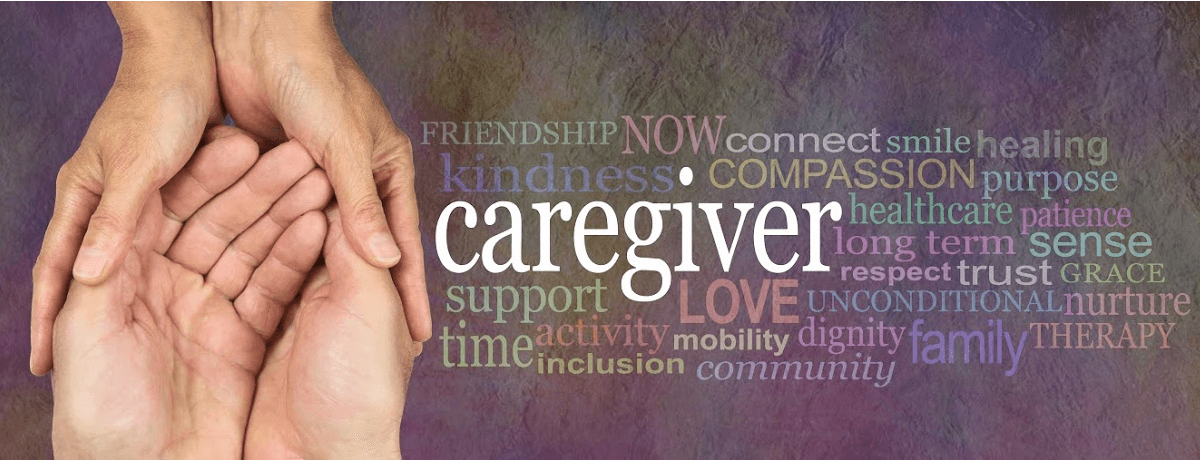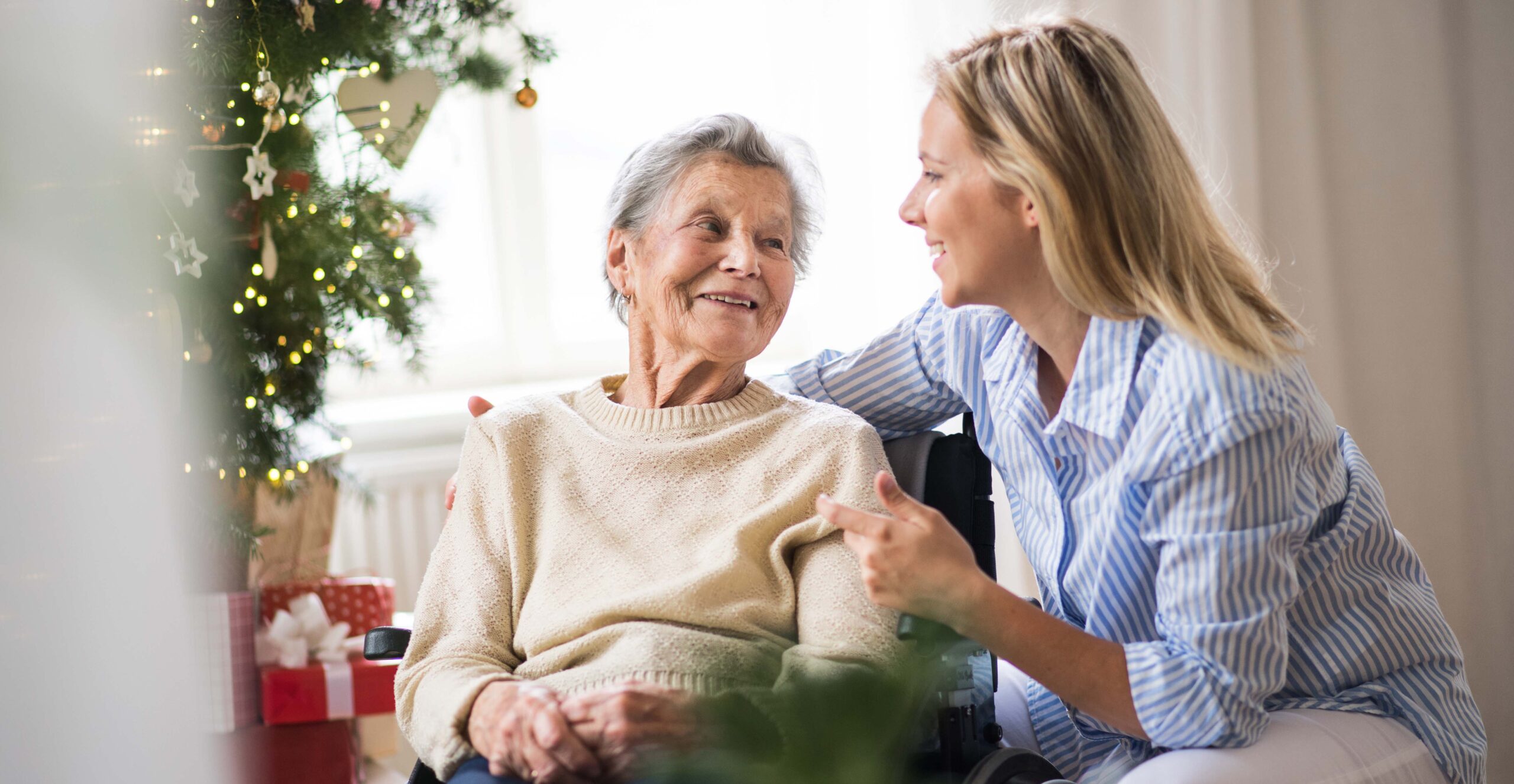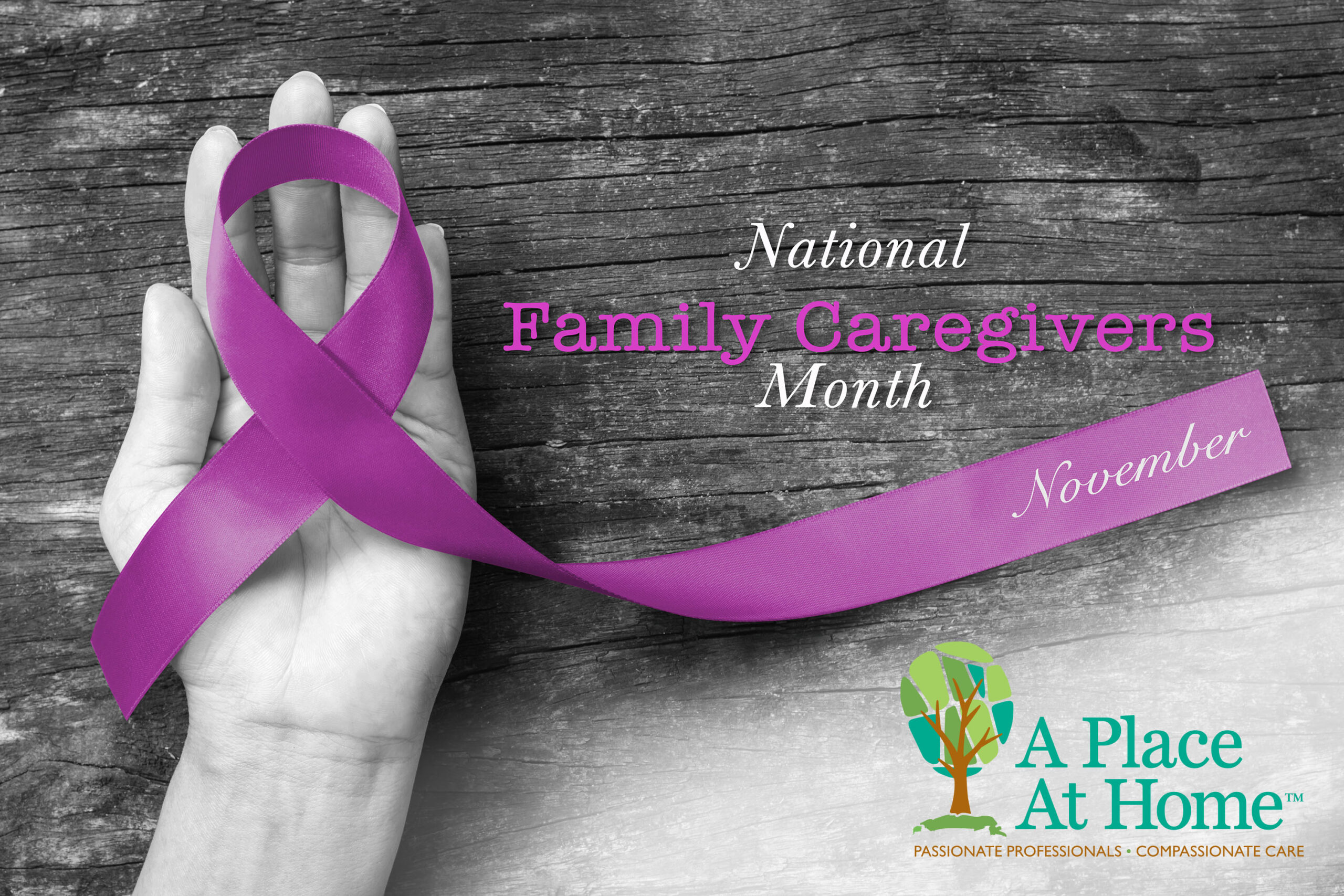The saying “you must fill your cup before filling others” is a quote that holds true with caregiving. Although the bonds and fulfillment of caring for others can be a driving force for caregivers, caregiving can also be quite a taxing role to take on. Meeting the needs and responsibilities of those in your care can oftentimes lead to negative effects on the caregiver’s physical and mental well-being. Neglecting to address these effects may eventually take a toll on both the caregiver and those in their care. Whether you are a family caregiver or a professional caregiver, making time to care for yourself is essential and should never be seen as selfish.
When providing care, it’s natural to prioritize the needs of your loved one over your own, but doing so can lead to caregiver burnout and negatively impact your mental and physical health. It’s essential to keep an eye out for symptoms of burnout and take appropriate measures to prevent it.
Signs of Caregiver Burnout
- Trouble sleeping too little or too much
- Exhaustion that makes daily tasks difficult
- Feelings of dread, guilt, being overwhelmed, or anxiousness
- Easily agitated
- Physical symptoms—headaches, stomach aches, getting sick more often, changes in weight
- Withdrawing from people or hobbies you enjoy
- Feeling disconnected from reality or that caregiving is taking over your life
Self-care is not selfish. It’s essential for your physical, mental, and emotional health. Taking care of yourself and addressing these symptoms allows you to better care for your loved ones. Self-care can help you:
- Reduce Stress: Find ways to help you manage the stress that may be brought on by caregiving. Blast your favorite tunes, take a walk, write your thoughts down in a journal, meditate — whatever your style may be, find what aids in a significant and positive impact on your stress levels.
- Boost Your Immune System: When you’re not taking care of yourself, you’re more likely to get sick. Taking time to rest, eat healthy, and exercise can help keep your immune system strong.
- Improve Your Mental Health: Setting time aside for yourself can help improve your mood, reduce anxiety, and prevent depression.
- Enhance Your Quality of Life: When you’re taking care of yourself, you’re better able to enjoy life and take pleasure in the things that matter most to you.
Self-Care Tips for Caregivers
Here are some self-care tips that can help you maintain your physical, mental, and emotional well-being while caring for others:
- Take Time for Yourself: Whether it’s a few minutes or a few hours, it’s essential to take time for yourself each day. Use this time to do something you enjoy, such as reading a book, taking a bath, or spending time with friends.
- Prioritize Sleep: Sleep is crucial for your physical and mental health. Aim for 7-8 hours of sleep each night, and try to maintain a consistent sleep schedule.
- Exercise Regularly: Exercise has been proven to reduce stress, improve your mood, and keep you healthy. Try to get at least 30 minutes of moderate exercise each day, such as walking, yoga, or swimming.
- Eat a Healthy Diet: Eating a balanced diet can help you stay healthy and energized. Aim for plenty of fruits, vegetables, whole grains, and lean protein.
- Practice Mindfulness: Mindfulness is a practice that can help reduce stress and improve your overall well-being. Try meditation, deep breathing exercises, or yoga to help you stay present in the moment.
- Reach Out: Seek help from a professional if needed or create a support network for yourself. Simply having someone to talk to or listen can be so cathartic.
Self-care is essential for caregivers. By taking care of yourself, you’ll be better able to care for your loved ones and enjoy a higher quality of life. Remember, self-care is not selfish. It’s a necessary part of being a caregiver.
Still unsure if you are experiencing burnout? Try this caregiver assessment from the American Medical Association.
Related Articles:
Caregiver Tips to Proactively Prioritize Your Mental Health
Caregivers: Making An Impact Isn’t Always Easy









